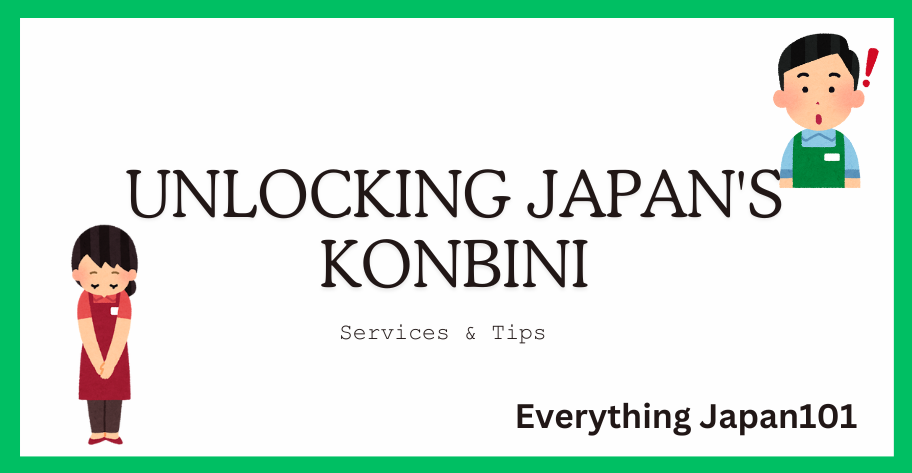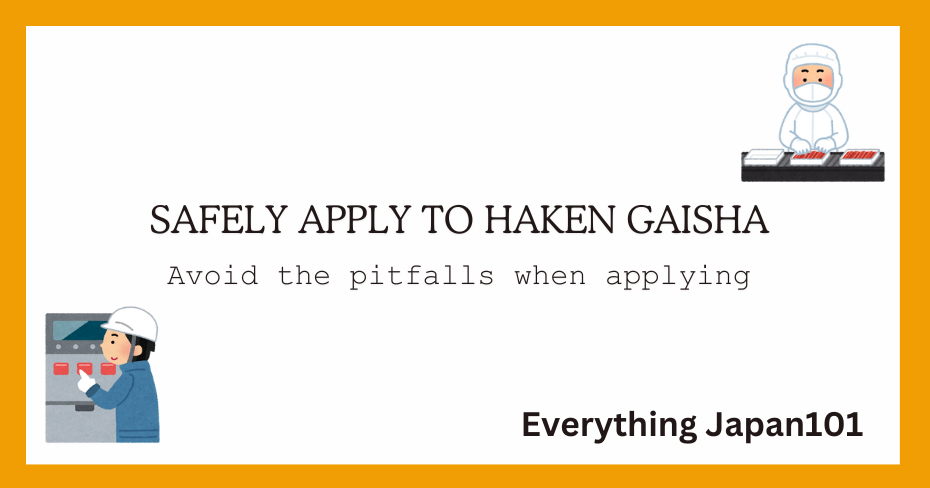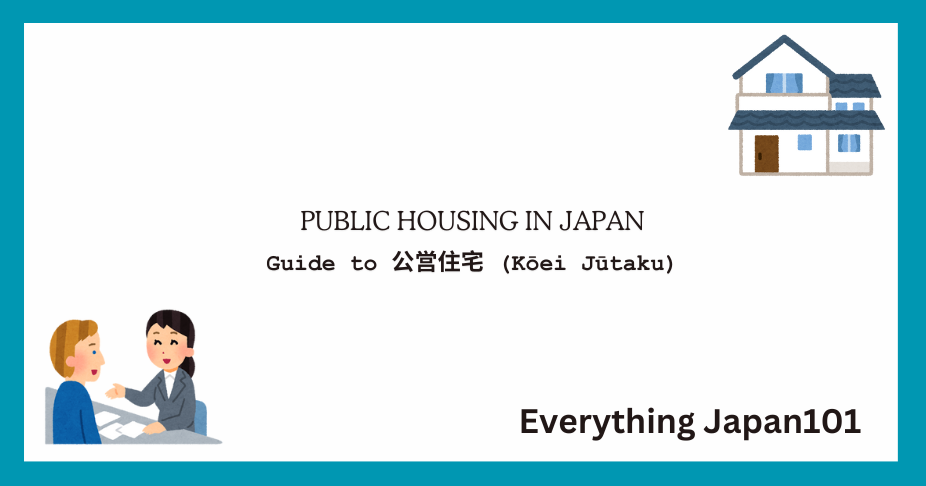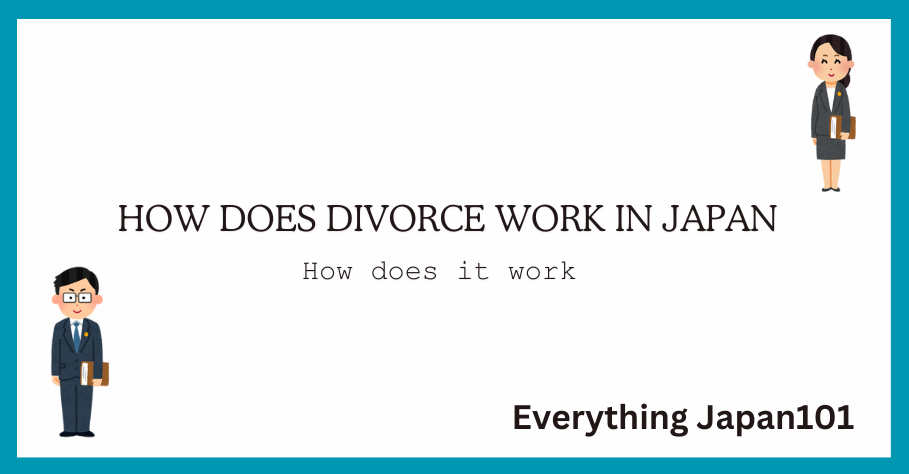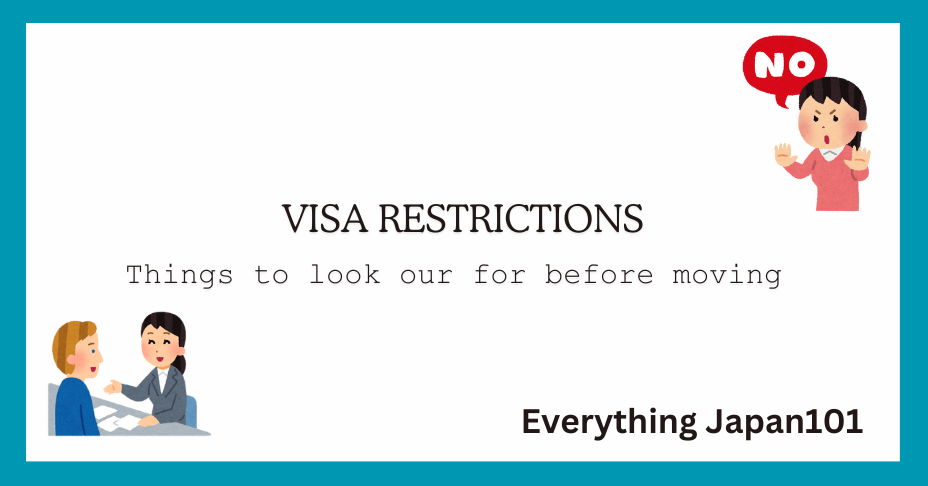Changing Jobs in Japan: Things to look out for top 5
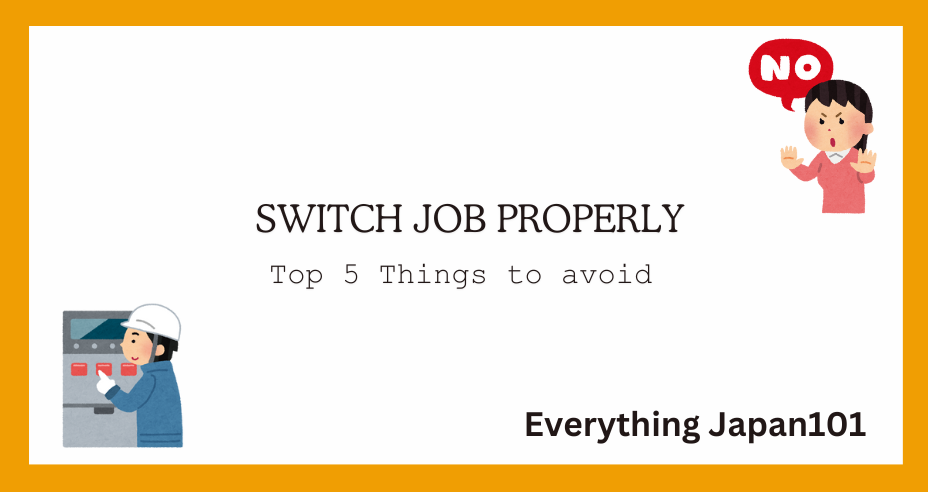
Changing jobs in Japan can be a significant step towards advancing your career, but it comes with its own set of challenges and considerations. Ensuring a smooth transition involves more than just signing a new contract. Here’s a guide to the key factors you need to look out for, especially concerning insurance coverage, pension, and other crucial aspects.
1. Insurance Coverage
Health Insurance
- Check Your Coverage Dates: Ensure that your new employer’s health insurance starts immediately after your previous coverage ends. There should be no gap to avoid being uninsured.
- National Health Insurance (NHI): If there is a gap between jobs, you might need to enroll in the National Health Insurance temporarily. Visit your local city hall to register.
- Mandatory Coverage: Health insurance is mandatory in Japan. If your employer does not enroll you in a health insurance plan, you must enroll in the National Health Insurance at your local city hall. Failing to do so can result in being billed retroactively for the period you were uninsured.
Employment Insurance (雇用保険, koyou hoken)
- Transfer Your Employment Insurance: Make sure your new employer continues your employment insurance coverage. This is crucial for unemployment benefits if needed in the future.
- Document Collection: Collect your 離職票 (rishokuhyo) from your previous employer, as it’s necessary for transferring your employment insurance.
2. Pension Coverage
Employee’s Pension Insurance (厚生年金, kousei nenkin)
- Seamless Transition: Ensure your new employer registers you for kousei nenkin immediately. Your contributions should continue without interruption.
- Previous Contributions: Verify that your previous employer has properly reported your contributions. This can be checked through your pension book (年金手帳, nenkin techo).
National Pension (国民年金, kokumin nenkin)
- Temporary Coverage: If there’s a break between jobs, register for kokumin nenkin at your local city hall to continue your pension contributions.
3. Tax Considerations
Resident Tax (住民税, juminzei)
- Check Your Payment Status: Ensure your resident tax payments are up-to-date. If you paid through your employer, confirm that all payments were made.
- Notify Your Municipality: Inform your local municipal office about your job change to adjust your resident tax payment method if necessary.
Year-End Tax Adjustment (年末調整, nenmatsu chosei)
- Proper Filing: Make sure your new employer conducts the year-end tax adjustment. If you changed jobs mid-year, you might need to file an income tax return (確定申告, kakutei shinkoku) to ensure correct tax payments.
4. Other Key Considerations
Employment Contract
- Review Terms and Conditions: Carefully review your new employment contract, paying attention to salary, working hours, benefits, and other conditions.
- Understand Probation Period: Be aware of the probation period terms and conditions, including duration and performance evaluations.
Notice Period
- Respect Your Notice Period: Follow the notice period stipulated in your current contract. Typically, it’s one month, but this can vary.
Non-Compete Clauses
- Check for Restrictions: Review your current and new employment contracts for any non-compete clauses that might restrict your employment opportunities in the same industry.
Handover Process
- Ensure a Smooth Handover: Properly complete your handover process, ensuring all responsibilities are transitioned smoothly to avoid any disputes or unfinished business.

5. Things to Avoid
Burning Bridges
- Maintain Professionalism: Leave your current job on good terms. Maintain professionalism and do not speak negatively about your previous employer.
Ignoring Cultural Norms
- Follow Cultural Etiquette: Japanese workplaces value harmony and respect. Ensure you adhere to cultural norms during your transition.
Conclusion
Changing jobs in Japan requires careful planning and attention to detail, especially regarding insurance coverage, pension contributions, and tax obligations. By ensuring a smooth transition and avoiding common pitfalls, you can make the most of your new opportunity and continue advancing your career in Japan. Happy job hunting!
References for “Changing Jobs in Japan: Things to Look Out For”
1. Health Insurance and Employment Insurance
- Japan National Health Insurance Program
- Ministry of Health, Labour, and Welfare – Employment Insurance
- Japan Pension Service – Employment Insurance
